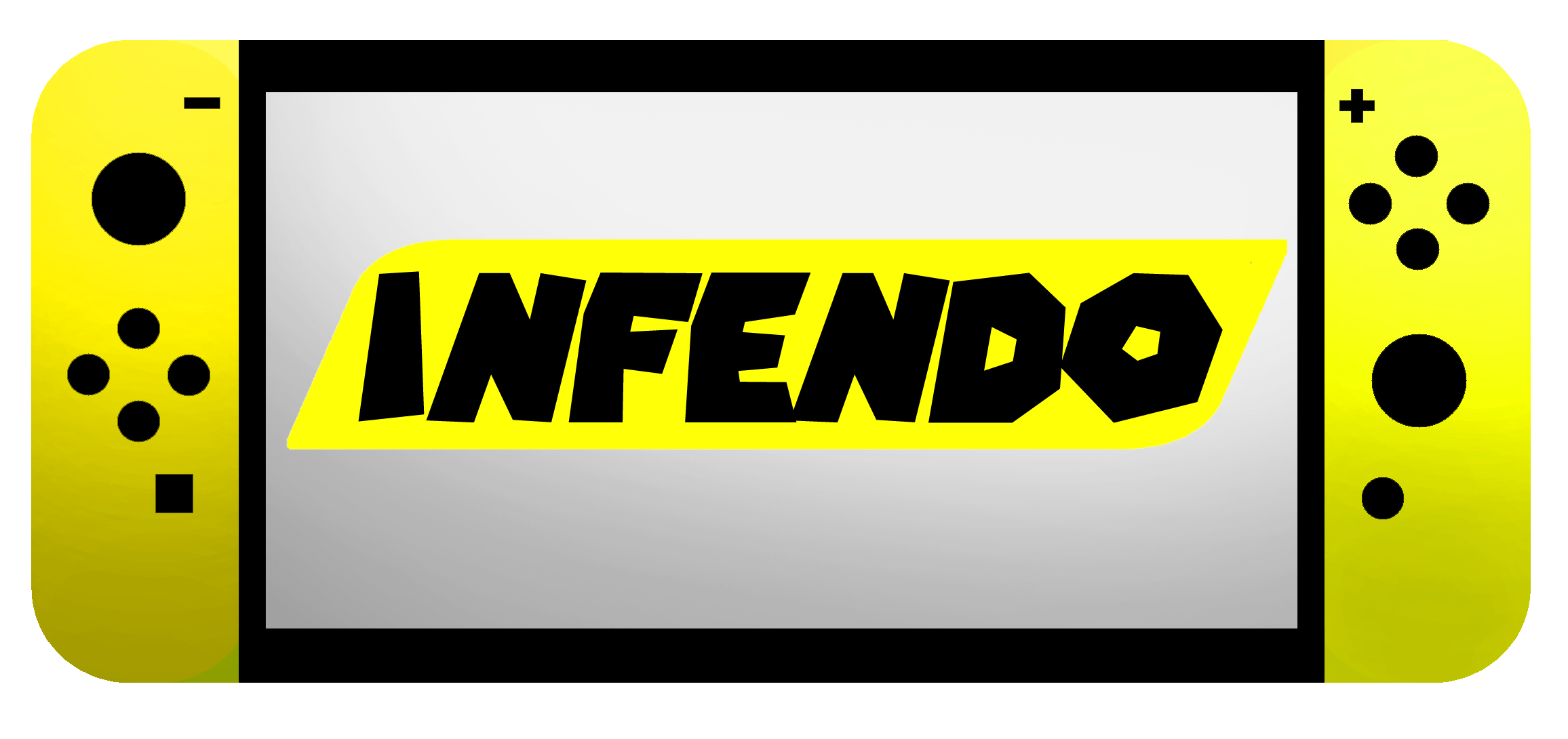 Infendo regular Invisibleman lays out a pretty solid explainer to complement our recent articles on the video games industry losing its way:
Infendo regular Invisibleman lays out a pretty solid explainer to complement our recent articles on the video games industry losing its way:
I think Jack missed the biggest problem the whole entertainment industry faces today, not just video games but also TV, music, and film: the combination of higher production costs, the limit on how much they can charge for their products, and the fact that consumer’s leisure time is not increasing. This is a lethal combination that the business won’t be able to sustain”¦
Nintendo had the insight to expand the market, thus temporarily increasing their consumer base, while keeping production costs of their products to a level that they can still profit from them. But that business model only works while you don’t have significant competition (the so-called “blue ocean”), and will again break down as soon as everyone jumps into the band wagon, which is precisely what I feel Jack is advocating in these posts!
True, true, and true. I did miss it, and it’s a worthy point that also needs to be made (in addition to the original commentary and all of the great comments that Infendo readers have piled on since then).
This little tirade of mine has never been about “just Nintendo.” That may have gotten lost in my stream of consciousness, and for that I apologize. What Invis said above, and which with I agree with, is that Nintendo is now forcibly expanding the market. Judging from the recent string of apologies directed at Nintendo in recent weeks, I’d argue that this expansion has been almost violent in nature. Developers outside of the Big N almost seem lost at times. That’s a good thing. It shows disruption. Disruption is a great thing for this industry.
There’s a reason for that, as I tried to outline in a comment I posted yesterday. What Nintendo will inadvertently do with its Blue Ocean strategy (besides make boatloads of cash) is force people to look 50 yards down field when they’ve been perfectly content looking 10. By going so far ahead, Nintendo will, hopefully, make people now at least look 20 or 30 yards, when they otherwise would not have before. Expanding the boundaries doesn;t necessarily mean people will go right up to the edge, but it does mean they’re going to go places they would not have known about before.
But back to the point about the constraints of the industry: there just aren’t enough hours in the day or dollars in the wallet to do what companies like Sony and MS are asking gamers to do with their consoles today. If things were to continue as is for the next five years, then we could expect to see 2-4 $80-$100 “big name” games per year from the major publishers. Actually now that I think about it, minus the price, isn’t it that way already? Unfortunately for some publishers, they still believe that the “brand” will carry their IP through this current storm and out the other side. I don’t believe that to be the case; not with what we’ve seen happen over the past year anyway.
Nintendo reinvented how things work with the DS and (more so) the Wii. What I’m hoping is that Nintendo’s runaway success will translate into better games and experiences across the board. It has to. I’m not about to start paying $80 for a game like I did when Final Fantasy 2 came out for the SNES :-). The world is not ready (or willing to play in) another Killer Instinct FX chip era. Nor is it willing to play hardcore fare all year. Many would rather just stop playing. Many did. Now they’re coming back.
